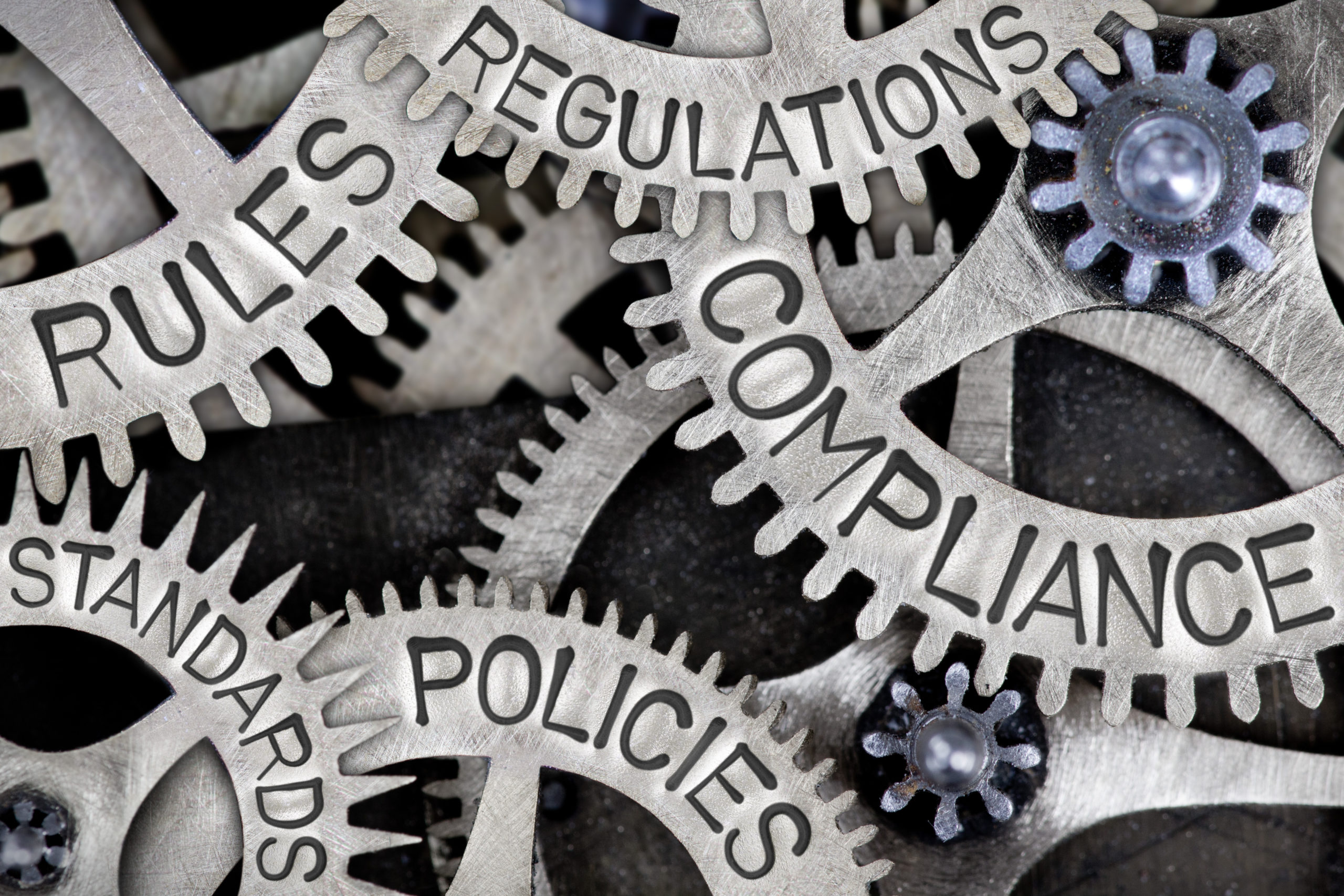Understanding the New Title IX Rules & Regulations

Understanding the New Title IX Rules & Regulations
The U.S. Department of Education has published new Title IX rules and regulations (Rules) that take effect on August 14, 2020. The new Rules increase due process protections for anyone accused of sexual misconduct in a university setting.
Definition of Sexual Harassment and How a School Must Respond
The Rules indicate that anyone can make a Title IX complaint to the school’s Title IX Coordinator alleging sexual harassment or sexual assault within the school’s education programs or activities in the U.S. Sexual harassment is defined in the Rules as “[u]nwelcome conduct determined by a reasonable person to be so severe, pervasive, and objectively offensive that it effectively denies a person equal access to the [school’s] education program or activity.”
A school must dismiss a Title IX sexual harassment complaint up front if the alleged conduct does not meet all three criteria of the definition. Thus, general comments or discussion points that may have survived a Title IX challenge in the past now may be dismissed at the outset.
A school can no longer unilaterally act against the accused such as by imposing an interim suspension. The Rules require schools to do an “individualized safety and risk analysis” and can remove someone from campus only once they have determined that the person poses an “immediate threat to physical health or safety.” The respondent has the right to challenge such a determination.
Once a complaint is filed, a school must respond promptly. It must notify the alleged perpetrator (the respondent), state the “conduct allegedly constituting the sexual harassment,” and inform both parties of their right to select an attorney or advisor.
The school must then commence an investigation. Both the complainant and respondent may submit evidence. There is no “gag order” on seeking out supporting witnesses or other evidence.
A presumption of the respondent’s innocence must be applied in both the investigation and the hearing that follows.
At least ten days prior to issuing a final investigation report, the investigator must provide to both parties all the evidence as well as a preliminary draft of the investigation report. The parties can each submit a written response. The Rules state that the investigator “will consider” the responses before completing the final investigation report. Upon the investigator’s completion of the final report, the parties are provided with the final report and given ten days prior to the hearing to submit a written response.
Rules Changes to Title IX Hearings
The Rules make significant changes to Title IX hearings. Title IX complaints will now require a recorded hearing to determine responsibility, sanctions, and corrective action, if any. The only exception occurs if the student parties and school agree to mediate. A school employee or faculty member does not have a mediation option.
The Rules require that hearings be conducted by trained Title IX personnel who can objectively evaluate all relevant evidence without prejudgment and free from conflicts of interest or bias for or against either party. The investigator and the school’s Title IX Coordinator are not permitted to be the hearing officer or participate as a member of the hearing panel. Schools must also publish their Title IX training materials on their website.
Like the investigation, all evidence adduced to date must be provided to both parties at least ten days prior to the start of the hearing.
The Rules will also change the standard of evidence required to determine a violation of policy at many colleges. Previously, most colleges used a “preponderance of the evidence” standard rather than a higher “clear and convincing evidence” standard. Now, colleges must apply the same standard of evidence that is used in formal complaints brought against university employees. Many college employees are represented by unions that have negotiated a higher standard in their collective bargaining agreements.
Cross Examination in a Title IX Investigation
Most notably, the Rules now permit a party’s attorney or advisor to cross-examine the opposing party and their witnesses. A Title IX defense attorney is highly skilled at cross-examination. If the complainant or a witness refuses to be cross-examined, all of their testimony cannot be considered by the panel in making its determination.
After the hearing, the panel must make a written report of their findings and the facts that justify those findings. The college must also notify the parties of their right to appeal. Either party may appeal an adverse ruling based on procedural irregularity, new evidence not reasonably available at the time of the hearing, or a conflict of interest or bias of the decision-maker.
If an appeal is unsuccessful, a Title IX lawyer will have preserved the record to best position you for a Title IX lawsuit in a federal court. Violations by the school of the new Rules will be among the grounds to set aside an adverse finding.
We Can Help
Our attorneys are Title IX defense specialists and we have helped hundreds of accused students and faculty across the country who have been treated unfairly by their schools. Call us at 212-736-4500 or contact us as soon as a complaint is filed and we will be there aggressively protecting your rights, ensuring a fundamentally fair process, or establishing the deficiencies that will lead a court to reverse the school’s adverse findings. There is no fee for a private consultation.
At Nesenoff & Miltenberg, LLP, personal attention is a priority. All calls are returned within 24 hours and our clients work directly with their experienced attorneys.
Since every school’s procedures are different and each individual situation is unique, this blog does not constitute legal advice.








